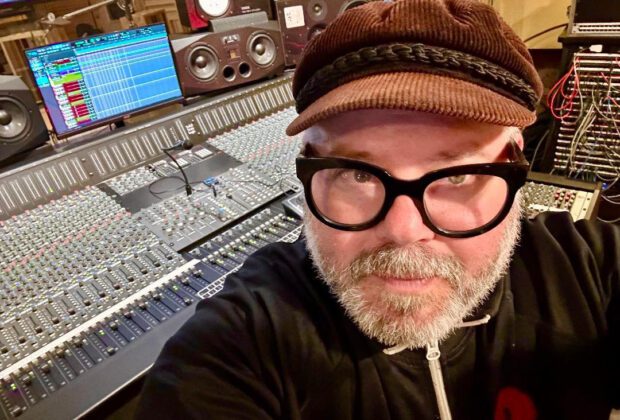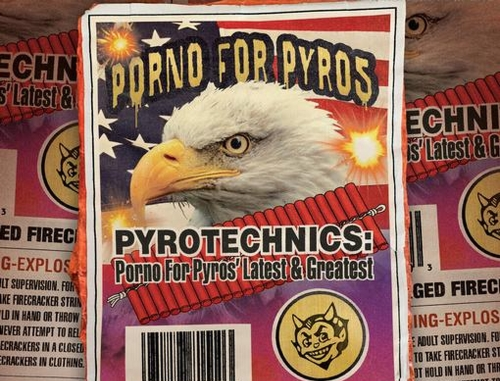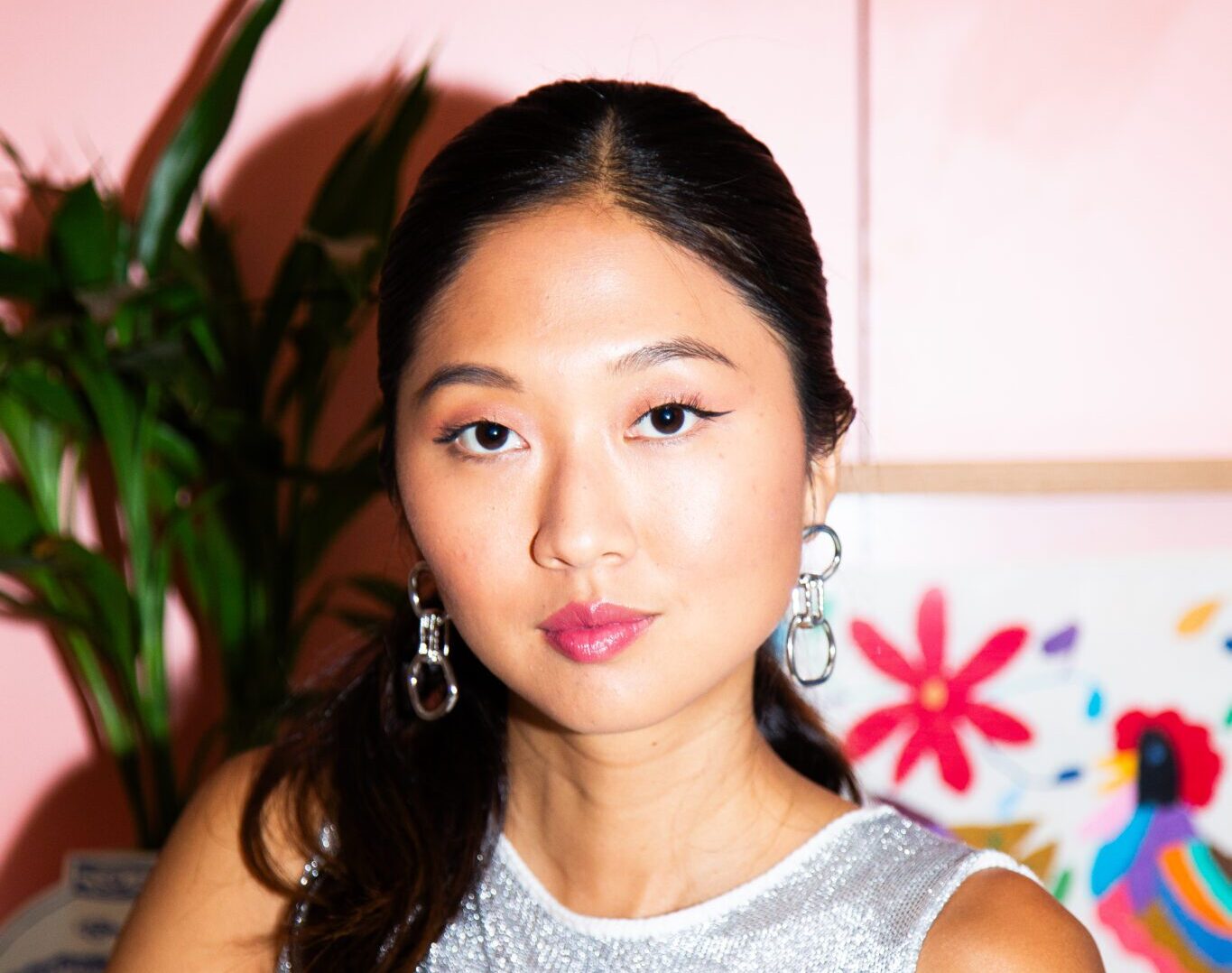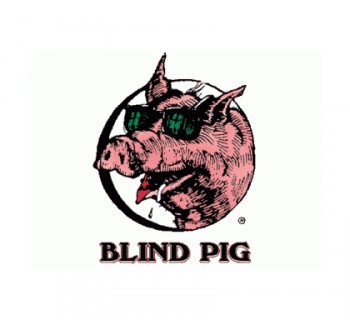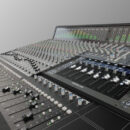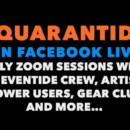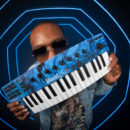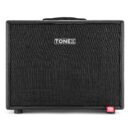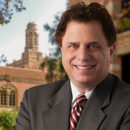Producer, musician and studio owner Dave Trumfio started his first band with his brother Harry in the Chicago suburbs before either were even teenagers. In true wunderkind fashion, he began to record around the same time. Following an internship at now-defunct Seagrape Recording Studios in the early '90s, he opened Kingsize Soundlabs, which he relocated to L.A. in 2000. He’s since worked with a number of artists including Built to Spill, My Morning Jacket and fellow Chicago outfit Wilco. His own band the Pulsars re-released its 1997 debut Pulsars in September and a tour is poised to launch.
Early in his L.A. days, an obstacle Trumfio encountered regularly was the relatively small budgets afforded artists on indie labels. But working with less established acts also gave him significant freedom. “Many of the bands I wanted to work with were on cool, up-and-coming indie labels,” he recollects. “[But] the budgets just weren't there. I always gravitated to under-the-radar artists, which allowed me to be flexible. I did a lot of artist development at the time—bands like OK Go and singer-songwriter Patrick Park. I've always seen the studio as my instrument and I took that early on as part of my business plan.”
With three-plus decades of experience, he’s developed a nearly visceral sense of when a song has struck audio gold. “[I know it] when I get goosebumps,” he says, half-jokingly. “When things come together quickly, they’re usually good. I worked with Wilco [partnered with Billy Bragg] on [1998’s] Mermaid Avenue and everything we did was supposed to be demos. But all of the [final] Wilco tracks came out of that session.”
The biggest challenge Trumfio faces as a producer is addressing subpar vocal issues with singers. “It’s always hard when there’s a loose link in the band,” he observes. “Usually it’s one of the key members so it’s very touchy. I always shoot straightforward and say ‘You have to go sing with a piano so you can hit those notes a little better.’ The trend now is that everyone sings through Auto-Tune and it’s really weird. I get using it to tighten things by five or ten percent. Personally, I’m a fan of character. But there’ve been a few occasions when a singer was nowhere near the right notes.”
In addition to his primary workspace, which boasts nearly forty rooms in total, Trumfio partnered recently with residential studio Gold Diggers in East Hollywood. Interestingly, sci-fi filmsmith Ed Wood used to live there and also maintained a soundstage, which has since been converted to studios. “It’s a bow-trussed building that’s a home studio away from home,” the producer says. “We've got seven operating studios and 11 hotel rooms. For gear, I offer what I like to call ‘The greatest hits.’ Every studio has a minimum of a Neve 1073, LA‑2A Tube Compressor plug-in, [Tube-Tech] CL 1B, etc. We do a lot of K-pop there.”
Visit kingsizesoundlabs.com, gold-diggers.com, Instagram @pulsarsband
The Three Most Important lessons he’s learned as a producer and studio head are:
• You have to be the person that people want in the room. This job is 60 percent peronality, 40 percent tech.
• Be recording all the time.
• I used to work 16-hour days. I’ve learned that I’m way more productive when I only work eight. A lot of the stuff that happens after the 10-hour mark is mediocre at best.

